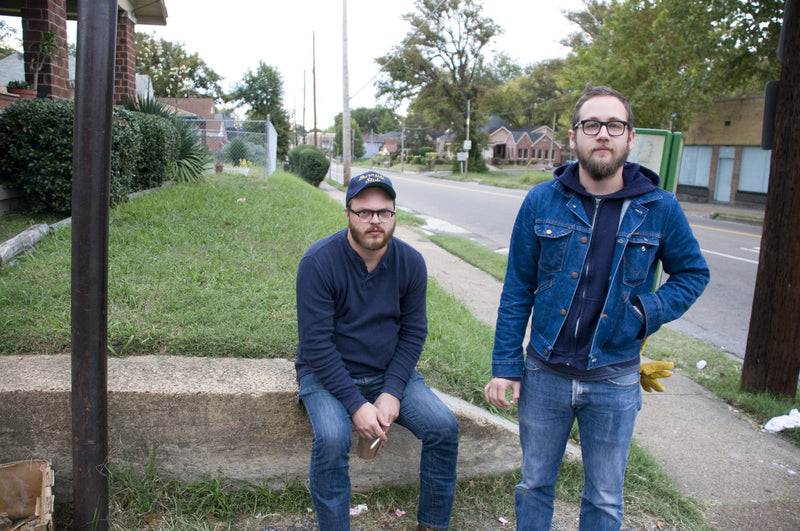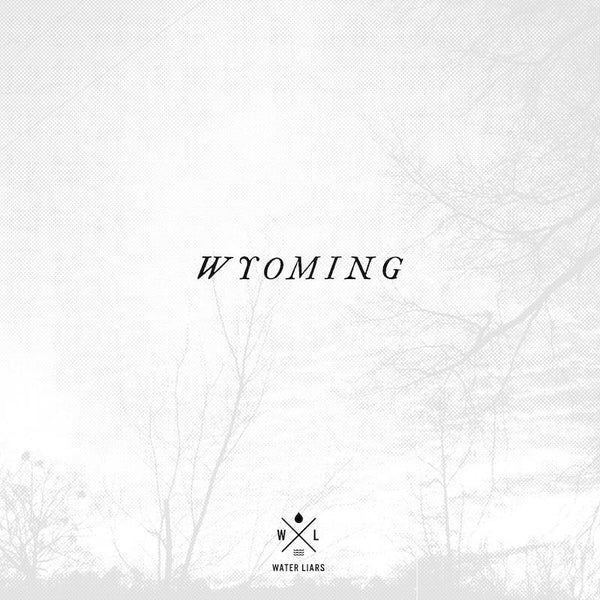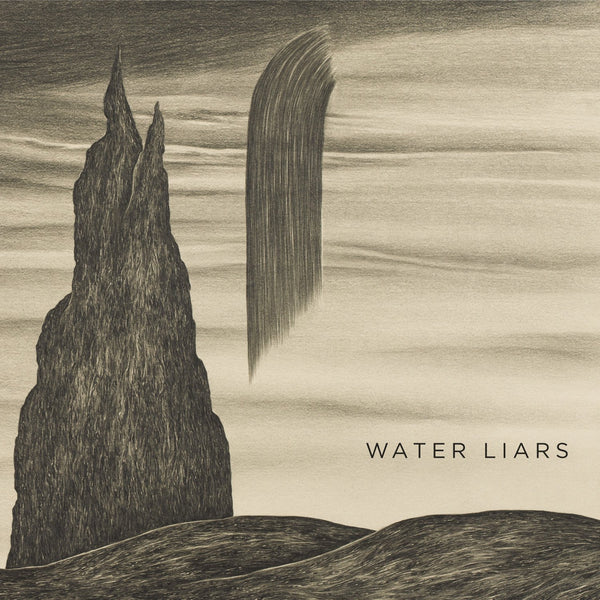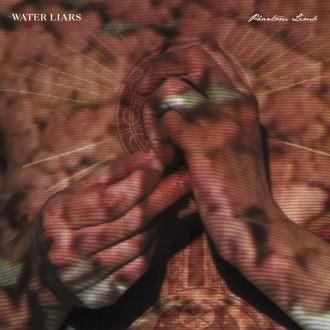Water Liars

“My sisters were the heavens / My brothers were the depths / Now I’m rolling into battle with a smoke between my lips,” Justin Kinkel-Schuster sings on “I Want Blood,” and it’s a presiding image on the self-titled third LP from Mississippi’sWater Liars. Joined by GR Robinhangesson on bass and fresh off the success of their albumWyoming and the reissue of their debut, Phantom Limb, Kinkel-Schuster and Andrew Bryant strut into this effort with their feathers out, driven by a need to create. Forget your precious bands that take years to release their next album: Water Liars don’t know how to stop working. A punk aesthetic – a desire not to overdo songs until they’re shiny with emptiness – is the band’s defining feature, and it’s why their songs are filled with such raw sorrow. When Kinkel-Schuster and Bryant’s voices twine together somewhere in the greater stratosphere of sound, as they do on “Tolling Bells,” try not to feel like a psalm. To call the songs here an improvement over what they’ve done before would be to sell the earlier work short. They’re simply telling one story, a story that doesn’t end, about the ways we save ourselves and kill ourselves, about the terrors and joys of being a small thing in a big world, and this is just the latest installment.
What strikes you most on this new LP is the violent imagery countered with lines about love and redemption; the band’s sound – also a study in contrasts, loud and quiet, fast and slow – builds off of this. There’s hope here, dreadful and beautiful, but we’re never far removed from having blood pooled at our ankles. On “Cannibal,” Kinkel-Schuster sings, “When you taste the flesh and sweat of the one that you love / Do you feel like a cannibal?” It’s a question that haunts this collection of songs, which sways somewhere between darkness and light, between urgency and unrest. Even in love, Kinkel-Schuster’s narrators drift like worried fire.
Kinkel-Schuster’s voice achieves a new level of weariness here, while still sounding battle-ready. “Strange lands hold no fear for me” he sings on “I Want Blood.” And no wonder – he’s a troubadour and these songs are his weapons, dripping with guts, screaming with guilt, softened by the sweet blossoming of love. His songs rumble across the plains in a gritty swirl, trailed by black clouds and lightning flashes. He has a trembling awareness of the music in our blood, and he’s filled – as poets should be – with wonder and despair.Bryant – his drums and backing vocals like a deep thread of goldenness laced through the record – is the engine underneath the hood, everything he does a rage against blandness. It’s impossible not to fade into his rhythm. Bryant started as a drummer in the church he attended as a kid, and the congregation would fall into the aisles, calling out to the Holy Ghost, repenting on the spot; that kind of religious fury still seeps into his playing and is alive here in new ways.
“Let It Breathe,” a stand-out, is Kinkel-Schuster’s tenderest song. It’s weather-beaten and weary, reminiscent of Dylan’s “Girl from the North Country” and “Don’t Think Twice, It’s All Right” in its presentation of love-struck awe. But “Swannanoa” may be the best song he’s ever written. “I looked death in the face / It was only my father / If I’d known all along / I wouldn’t have bothered / with being afraid, with being a coward,” he sings. The song is deeply indicative of his rich personal mythology. Like Jason Molina and Jeff Mangum, his narrators are often swept up in a numinous dream of the world, in long mystical visits to the provinces of lonesomeness and fire and blood. These songs are testimonies, prayers, from the frozen ground to the dark universe of stars.
If you haven’t listened to Water Liars, let the music be your introduction. Is it important to know that Bryant is from Mississippi and Kinkel-Schuster is from Arkansas, that they’re shaped by the writers whose influence shines through in everything they make – Frank Stanford and Barry Hannah especially – and that their pain is the pain of the wretched and beautiful South? Sure, and it’s all there in the songs. On “Vespers,” Kinkel-Schuster sings, “When I left her house / It was snowing out / and I left her for the South / But who cares? / We don’t want no one to see us cry. / No, darling, we’d rather die.” These are songs about leaving and staying, about lost fathers and new loves, about distance and memory. These songs are a consideration of what Kentucky poet Joe Bolton called “a future that seems already to have acquired / The irrevocability of the past.” These songs smell of autumn. These songs are the hugeness of rain, the heaviness of breath, the strangeness of cities. Light a cigarette and close your eyes – let these songs whiskey into you, let them brighten your blood, let them be endless in the night.
—William Boyle



